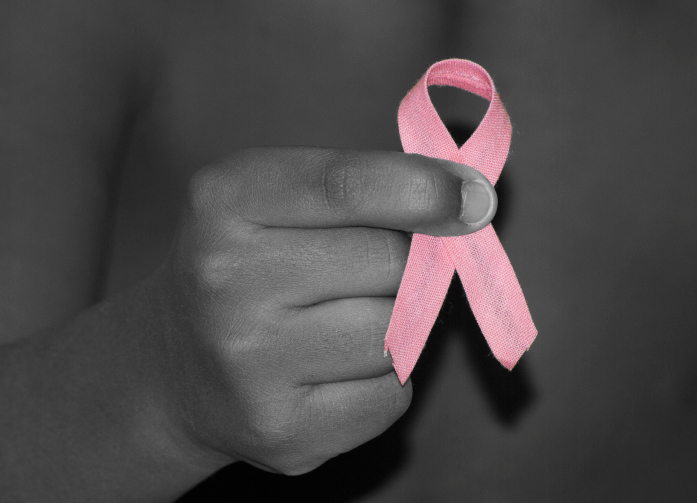
African American women are 10% less likely to have been diagnosed with breast cancer, but are almost 40% more likely to die from breast cancer, as compared to non-Hispanic white women.
New research may point to factors behind these numbers.
According to several new studies presented at the American Association for Cancer Research Conference on the Science of Cancer Health Disparities, minority women who show higher incidence of moderate- to high-grade tumors are less likely to seek or receive follow-up radiation treatment. They and their families are slower to receive other types of health care as well.
"Radiation treatment decreases the risk for breast cancer recurring and improves survival from the disease," said Abigail Silva, MPH, Susan G. Komen Cancer Disparities Research trainee at the University of Illinois in Chicago.
Prior studies have shown that black and Hispanic women are less likely than white women to obtain radiation treatment when eligible, and this may partly explain racial and ethnic disparities in breast cancer outcomes, according to Silva.
"We also found that patients who got chemotherapy were less likely to get radiation when they needed it," Silva said. "Because minorities tended to have more aggressive breast cancer that more often required chemotherapy, this disproportionately affected them."
Silva and colleagues gathered interview and medical record data from a study of patients with single invasive primary tumors, including 397 non-Hispanic whites, 411 non-Hispanic blacks and 181 Hispanics. Data indicated that minority women were less likely to get radiation treatment compared with non-Hispanic white women.
"We also found that patients who got chemotherapy were less likely to get radiation when they needed it," Silva said. "Because minorities tended to have more aggressive breast cancer that more often required chemotherapy, this disproportionately affected them."
Other findings reported at the conference:
I. Poorer women live farther from mammography services: Another finding presented at the AACR conference: Socio-economically disadvantaged women living in less affluent areas of Chicago were less likely to live near a mammography facility compared with women who were socio-economically disadvantaged but living in more affluent areas. This finding could hint at a link between disadvantaged areas and late-stage breast cancer diagnosis. Other factors, such as insurance status, beliefs about screening, and competing priorities, also affect access and utilization of mammography screening."
II. The first three years are crucial for black women after a breast cancer diagnosis: Non-Hispanic black women diagnosed with breast cancer -- specifically those with estrogen receptor-positive tumors -- are at a significantly increased risk for breast cancer death compared with non-Hispanic white women. Researchers found that non-Hispanic black women had a......48 percent higher risk for breast cancer death in the first three years after diagnosis compared with non-Hispanic white women. After three years, non-Hispanic black women had a 34 percent increased risk for breast cancer death.
III. Race and weight impact breast cancer survival: High body mass index and waist-to-hip ratios show increased risk for breast cancer death. But race plays a role, as well. One study supports the common lifestyle recommendation to maintain a healthy weight throughout life, but the long-term impact of weight on survival after breast cancer might not be the same in all patients.
IV. Black patients receive less clinical trial information than white patients: Oncologists provide black patients with less information overall about cancer clinical trials compared with white patients. A study examined 22 video-recorded interactions between oncologists and patients during which a clinical trial was offered. Data revealed that clinical trial interactions with black patients were shorter overall and included less discussion of clinical trials compared with interactions with white patients. Key aspects of consent were also discussed less with black patients than with white patients, especially the purpose of the trial and risks of participation.
However, the researchers found that oncologists spoke more about voluntary participation with black breast cancer patients than with white patients.








